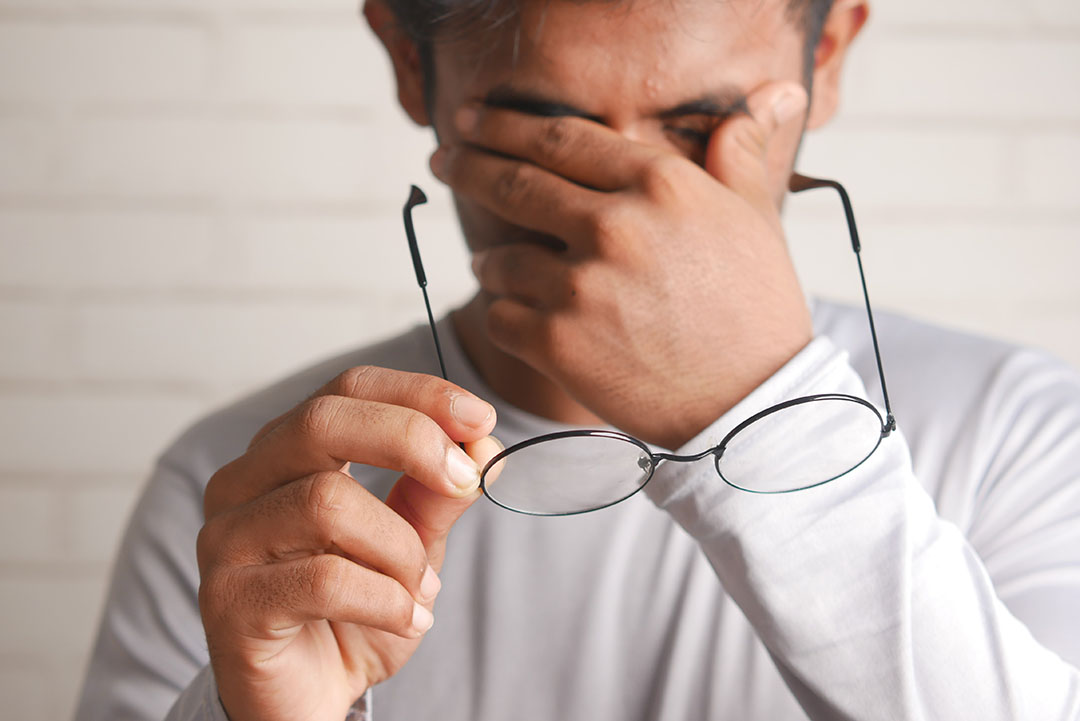All Categories
Featured
Table of Contents

Routine eye assessments are necessary for keeping excellent vision and finding possible eye health concerns early. The regularity of these tests can differ dramatically based on an individual's age, way of life, and general health. Understanding the advised timetable for eye examinations can aid make sure that people of every ages get ideal treatment and tracking for their eye wellness.
Infants and Toddlers (0-2 Years)
For babies and toddlers, eye tests are vital for detecting any prospective vision problems early. The American Academy of Ophthalmology suggests that a kid's very first eye test should happen at around 6 months of age. During this initial go to, the eye treatment professional will evaluate the youngster's aesthetic growth and look for any kind of evident eye problems.Following this initial exam, it is suggested that children have another eye test at age three. This visit will concentrate on analyzing the child's total aesthetic feature, consisting of eye positioning and the ability to track items. If no problems are detected, the following test should be scheduled prior to the child begins school, commonly around age 5 or six.
School-Aged Kids (6-18 Years)
As soon as youngsters reach school-age child, regular eye tests need to be arranged every one to two years. Vision is essential for learning and advancement, and many institutions perform vision screenings. These screenings do not replace a detailed eye examination by an eye care specialist.For children associated with activities or sports calling for substantial aesthetic emphasis, annual eye examinations might be a good idea. In addition, if a child displays indicators of vision issues-- such as difficulty reviewing, squinting, or frequent migraines-- a browse through to the eye doctor ought to be set up immediately.
Youthful Adults (19-39 Years)
Young person usually have fewer vision changes than older age groups, however normal eye exams continue to be vital. The general recommendation is to schedule an eye examination every 2 years throughout this period. However, people with particular risk variables-- such as a family members background of eye disease, diabetic issues, or those who use get in touch with lenses-- ought to consider yearly eye tests.Additionally, those who invest significant time on electronic devices might experience electronic eye pressure. If signs and symptoms such as dryness, fatigue, or obscured vision take place, it may be a good idea to see an eye care specialist earlier.
Grownups (40-64 Years)
Adults aged 40 to 64 ought to schedule eye exams every one to two years. Eye tests can likewise aid detect various other typical age-related problems such as glaucoma, cataracts, and macular deterioration.If people in this age group have threat elements like high blood stress or diabetes mellitus, they might require even more constant evaluations to check their eye health very closely.
Senior Citizens (65 Years and Older)
For seniors, normal eye examinations end up being also more essential. The American Optometric Association suggests that individuals aged 65 and older have an eye exam at the very least once a year.Conclusion.
Comprehending the ideal schedule for eye exams based on age is vital for keeping ideal eye health throughout life. From babies to elders, normal eye assessments play an important duty in identifying issues early and ensuring that vision stays sharp. By adhering to these standards and seeking advice from an eye care professional, people can take positive steps toward preserving their vision and overall health. Whether it's a child's very first go to or a senior's yearly exam, prioritizing eye treatment is a financial investment in long-lasting health.Table of Contents
Latest Posts
Find Out Why Chicago Drivers Choose Montclare Auto Repair for Reliable Service and Great Savings
Published May 23, 25
1 min read
Discover Special Auto Repair Deals in Chicago at Montclare Auto Repair
Published May 23, 25
1 min read
Explore Auto Services & More: Comprehensive Auto Care Solutions from Montclare Auto Repair
Published May 22, 25
1 min read
More
Latest Posts
Find Out Why Chicago Drivers Choose Montclare Auto Repair for Reliable Service and Great Savings
Published May 23, 25
1 min read
Discover Special Auto Repair Deals in Chicago at Montclare Auto Repair
Published May 23, 25
1 min read
Explore Auto Services & More: Comprehensive Auto Care Solutions from Montclare Auto Repair
Published May 22, 25
1 min read